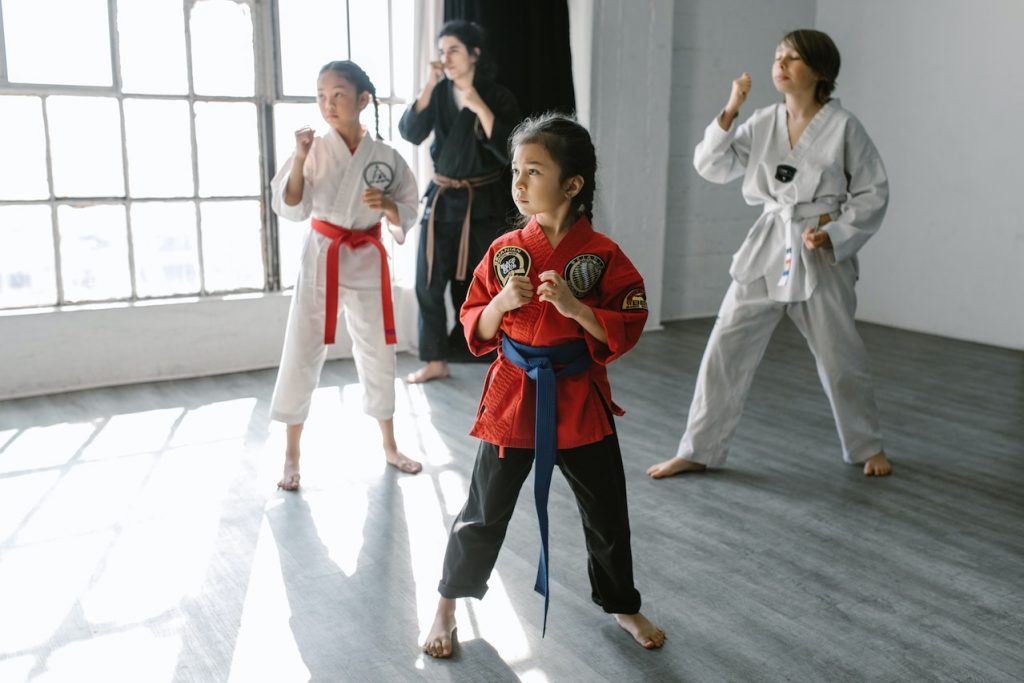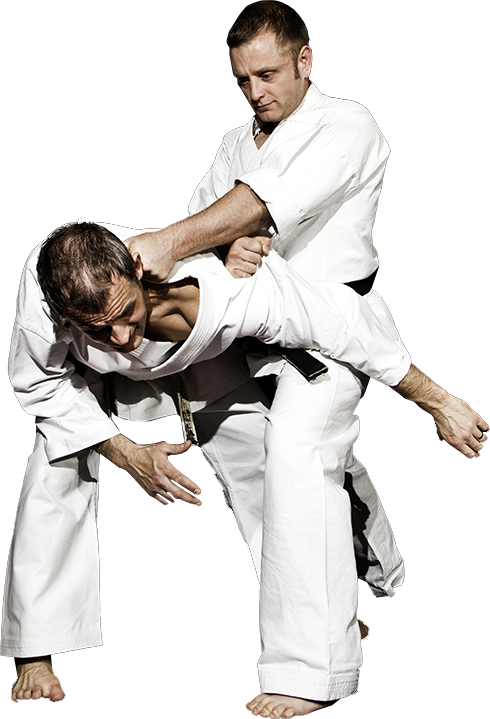When calling a martial art school, one of the most frequently asked questions is:
“HOW MUCH DOES MARTIAL ARTS COURSES COST?”
The cost of a venture is an essential factor to consider when considering it. It is important to remember that martial arts training does not just have to be a commodity.
The price of Martial Arts Classes can be affected by many factors. It is crucial to research to locate a school that offers what you are looking for at a reasonable price.
Let’s look at typical prices for martial arts classes and what they typically include. This article needs to be more comprehensive. There are exceptions to all of these ideas. 4GK Martial Arts and the Skills of Patchogue program can be found in Patchogue, NY. We have used the information to determine the cost of training in martial arts. However, regional differences could also play a role.

This article will focus on the main types of martial art programs. Each program comes with the most common practices, the general price ranges, and the classes of service.
The Community Program
These programs are usually taught in parks, churches, community centers, and parks. The instructor may sometimes rent space at a friend’s martial arts school. These programs are usually the cheapest.
Part-time community programs are more common. They are limited in terms of class offerings and hours. They may have different amenities than larger schools because they don’t have space. They may have other amenities than larger schools, but this is not necessarily a problem.
Because they are subject to the will of the organization providing the space, classes in community programs are more susceptible to scheduling changes. They are also more open to finding alternative training venues, such as the beach or the instructor’s backyard, which can result in exciting adventures and memorable memories.
You can expect to find prices ranging from free at the low end to about $100 per month at the high end. Because they are small, these schools offer discounts to family members and others. Payment methods include cash, check or cash with tuition or fees payable per class, by the month, or by the session. These programs are more likely to be informal or short-term memberships than long-term contracts.
Part-Time School
While community martial arts programs are not likely to have a dedicated home, instructors often lease commercial space to take their classes to another level. These schools are usually located in strip malls and storefronts. Although they operate on a limited schedule, they still have full access to the school.
Because they don’t have to compete for space, these schools offer more regular hours, although the schedules may only be available a few nights per week. They can also create a safe and pleasant training environment with the permanent installation of pads and more significant storage space for equipment that will enhance students’ experience.
Part-time schools usually have one or two instructors, but they may also have a dedicated group of senior students who offer additional support during class. Part-time school instructors can group students from a more excellent range of abilities and ages in one class due to the need for them to balance their work, their families, or their training. There are pros and cons to all things. Some martial arts artists prefer to train with other adults without worrying about their little children in the class. Others may prefer the family-style environment that allows parents to train alongside their children.
Part-time schools may be for those who want to commit to long-term martial arts training but are also more mindful of their budgetary needs. Part-time classes at a martial arts school cost less than the national average, which ranges from $75 per month to $150/per month.
Another consideration is the membership type. You may have the option to pay less but only attend one of two classes per week, or to pay more for unlimited classes. Part-time schools prefer contracts or billing arrangements. They can budget more accurately over the long term. You should carefully read the cancellation policy and terms. It is not a bad thing to have a contract. However, it is something you should carefully review before you sign.
The Professional Schools
Professional means that the school is managed as a full-time enterprise that is the owner’s primary profession. This does not mean that the instruction will be better or worse. That is another topic. These facilities operate full-time and often have a more extensive schedule, constantly working 6 to 7 days per week for many hours each day. Full-time martial art schools might offer more classes and have more types of classes.
Although the facility is more extensive, it can be found in strip malls and standalone buildings. Many professional schools prefer smaller, more personal classes. Others may offer more energy sessions or have much larger facilities. It is essential to ensure that the class style suits your needs. Full-time schools usually have more equipment and professional staff to ensure that every class member has the best experience. These schools, like the community program, will often find creative ways of extending the lessons beyond the traditional training area.
Larger professional schools invest a lot in staff training and spend a lot of time on it. Many instructors may be certified by Skillz worldwide or by their organization. It is common to find lessons that go beyond martial arts. The kid’s martial arts classes will place a strong emphasis on life skills. Adult classes may also offer mindset training and life coaching. You may also find courses like fitness kickboxing or yoga at these schools.
You can expect to pay more for the additional value and investment in a full-time school because of the service and level of investment. Full-time schools can charge $100 per month, but this is rare. It is more common to see prices in the range of $150 to $500 for martial arts classes at these schools. Some schools offer add-on programs such as leadership classes and competition teams.
Full-time school owners usually fall into one of two membership options: the contract (usually yearly though shorter and longer options may be available) or the month-to month option. Some schools offer both and will give incentives to those who sign longer-term contracts. Each has its pros and cons. Ensure you understand the terms, such as when the contract ends, how they freeze their students, and what happens afterward.
Other Considerations
Monthly tuition is often discussed when calculating the cost of martial arts classes. However, other factors could affect your total investment.
Many schools, particularly full-time ones, offer upgrade and add-on programs and private lessons. These add $25-100 per month. These perks can provide greater or equal value, despite the additional cost. It is essential to understand the terms and conditions of your contract and what you can expect in terms of payment. Add-on programs are usually charged an additional fee. However, some schools offer long-term upgrades such as uniforms and specialized training.
Schools of all kinds have a tradition of charging additional testing fees for students who promote. It is sometimes a way to spread the cost of training. However, some schools charge hundreds of dollars for each test to generate extra income or host grander events. In regular tuition, testing is a new trend in martial arts. This allows students to move forward based on merit rather than how much they have paid.
Some training equipment is required depending on the style of Martial Arts. A uniform, protective gear, training weapons, or mandatory retail purchases may be required. This is a matter that every school handles differently, so it’s a good idea to find out what gear you will need during your training. Schools may require that you purchase your equipment in their pro shops. This not only helps schools keep tuition costs low but also ensures the best quality gear.
Secondary fees are required by many schools that belong to organizations. In the case of community martial arts programs, this could be an insurance fee or a governing body for many Tae Kwon Do schools.
Conclusion
It is a complicated and exciting process to choose a martial arts school. You and your child should feel comfortable, happy, and welcome at any school you prefer. Asking about the price of karate classes is only the beginning. Ask about the terms, fees and expenses, testing fees, and what is included in the price. Higher prices can often offer more increased value. While lower monthly rates may save you money, they could also lead to frustrations or additional costs. They may not.
Martial arts are a long-term lifestyle investment. Take your time and do your research. Then weigh the cost against the expected value.

